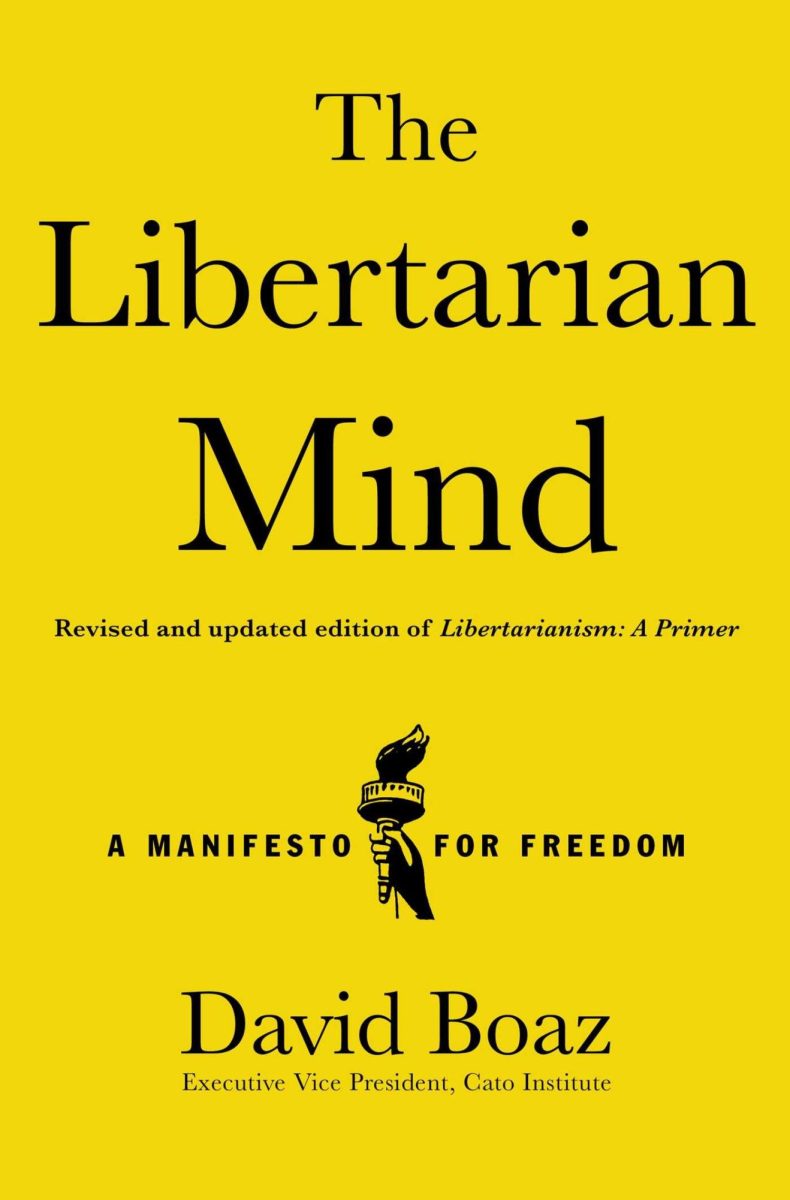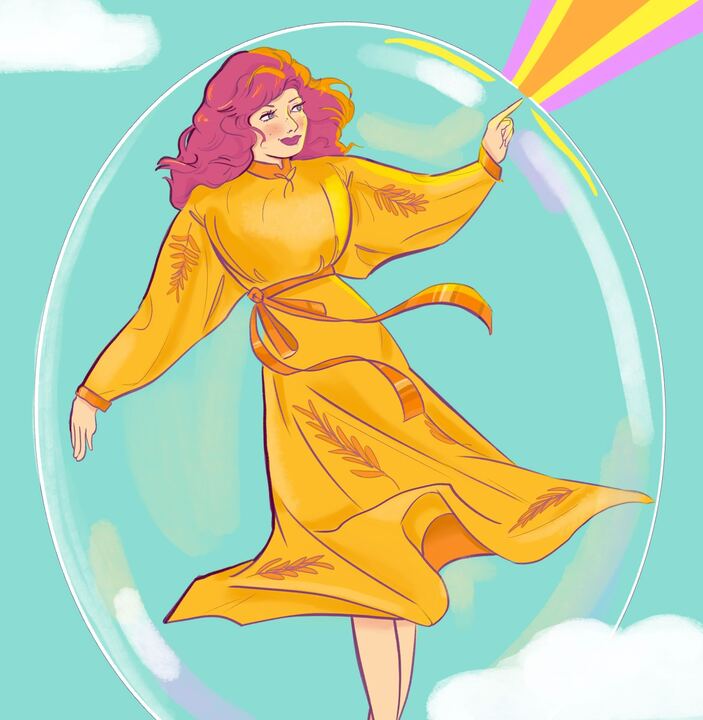In reference to the passage of the health care reconciliation bill just over two weeks ago, Vice President Joe Biden went (red white and) blue by calling the legislation a “”big fucking deal.”” In contrast to the historically stodgy residents of 1600 Pennsylvania Avenue, barackobama.com is now selling T-shirts that read, “”Health Reform is a BFD.”” In honor of Biden’s now-immortalized relative break in character, here are the relative BFDs around campus, the state and the nation this week.
Arizona sexting law
The Arizona State Legislature has been considering a bill to deal with the growing problem of sexting. (For the older alums and various troglodytes out there, sexting is a combination of “”sex”” and “”texting”” that is defined as the act of sending sexually explicit messages or photos electronically, primarily between cell phones.) After incidents in other states involving harassment as a result of sexting, tricky distinctions involving minors and rising questions surrounding what makes a sexual predator, a bill in the Arizona House of Representatives was delayed Thursday because lawmakers don’t think the bill appropriately addresses how to punish teen “”sexters.””
Currently, a minor who sends a scandalous picture to another minor can face a felony charge for sexual exploitation of a minor, even if the picture is of the sender himself. The House is justified in reconsidering this overly harsh punishment: even though the rights of minors’ are implied at best, becoming a felon for a picture you chose to take of yourself is unduly harsh. The bill currently being considered would change this punishment from a felony to a misdemeanor, which is an improvement, with the maximum punishment being up to four months in jail. Legislators are right to keep looking for the correct solution. To theoretically sentence a 17-year-old senior in high school to four months in prison for a picture she took of herself and sent, of her own free will, to a significant other is an overly harsh punishment. The state does have some degree of obligation to protect younger children from harmful sexual exposure, but it hardly warrants jail time. Assigning such harsh punishment to this non-violent crime will only serve to make its reputation more dangerous and, therefore, the activity more prevalent. The other options of punishment considered in the bill, such as probation and counseling, are a much more desirable option.
Unpaid internships
If you’re graduating or looking for a summer job and have a hard time understanding how anyone can afford to do an unpaid internship in New York City, or how that’s even legal, you’re not alone. As reported in Friday’s New York Times, the U.S. Labor Department is investigating the legality of unpaid internship programs at many major companies. Both this federal agency and many state officials are investigating whether companies are illegally using unpaid internships to gain free labor.
These agencies are right to investigate the legality of this all-too-common aspect of internships, as many companies have been found to be in violation of the six federal criteria that make it legal for an internship to be unpaid. As the New York Times article explained, “”Among those criteria are that the internship should be similar to the training given in a vocational school or academic institution, that the intern does not displace regular paid workers and that the employer ‘derives no immediate advantage’ from the intern’s activities — in other words, it’s largely a benevolent contribution to the intern.”” Somehow, making copies and “”putting in your dues”” doesn’t seem like a “”benevolent contribution”” to anyone. As the article said, “”To be sure, many internships involve some unskilled work, but when the jobs are mostly drudgery, regulators say, it is clearly illegal not to pay interns.””
Unpaid internships favor those who can afford to work for free, putting those with student loans and less financial freedom at a career disadvantage. As the Times said, “”While many colleges are accepting more moderate- and low-income students to increase economic mobility, many students and administrators complain that the growth in unpaid internships undercuts that effort by favoring well-to-do and well-connected students, speeding their climb up the career ladder.”” There are other problems surrounding the unpaid status of most interns, including that “”they are often not considered employees and therefore are not protected by employment discrimination laws,”” according to Kathryn Edwards, a researcher at the Economic Policy Institute and co-author of a new study on internships.
An entry-level worker, such as a current or newly-graduated student, should expect to work hard and not get paid much. Sometimes you have to, as the students quoted in the Times article state, “”suck it up.”” The job connections and work experience one gains in an unpaid internship may be invaluable, as employers claim, but the government is right to make sure students’ work is being valued and that they are being compensated as the law dictates. Regardless of whether interns are (as some claim) young, entitled, overpaid brats, companies should not be allowed to exploit them for free labor with the amorphous claim that interns must “”pay their dues.”” The companies violating these labor guidelines should pay their dues — in the form of paychecks to the hardworking interns who deserve them.








